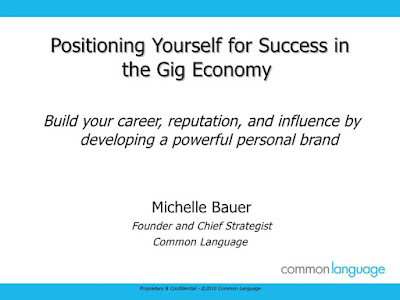What is the gig economy? A zero hours contract?
The gig economy is the reverse of the old Japanese idea of the 'salary man' - the worker who spends his/her working life with a single company in return of job security, a regular salary, pension etc.
Companies like Uber essentially as brokers - contracting freelance workers when a 'gig' is available. In Britain this arrangement is formalised in the form of a zero hours contract.
Companies like Uber essentially as brokers - contracting freelance workers when a 'gig' is available. In Britain this arrangement is formalised in the form of a zero hours contract.
Zero hours contracts are still a relatively small element of the UK economy. According to official statistics they were held by 697,000 for October to December 2014, representing 2.3% of all people in employment. In the same period in 2013, this was 1.9% (586,000). In the US the percentage is higher but still under 5%.
There are obvious potential downsides to a zero hours arrangement. In theory an employer can keep a worker in a state of permanent insecurity - with work one week and not the next etc.
In a mobile, dynamic economy a zero hours contract can offer advantages - they offer flexibility to students for example. According to recent survey UK 'workers on zero-hours contracts are more likely to be happy with their work-life balance than other staff' - see here.
Download English FAQ Teaching Pack for only £1.99
Download English FAQ Teaching Pack for only £1.99
